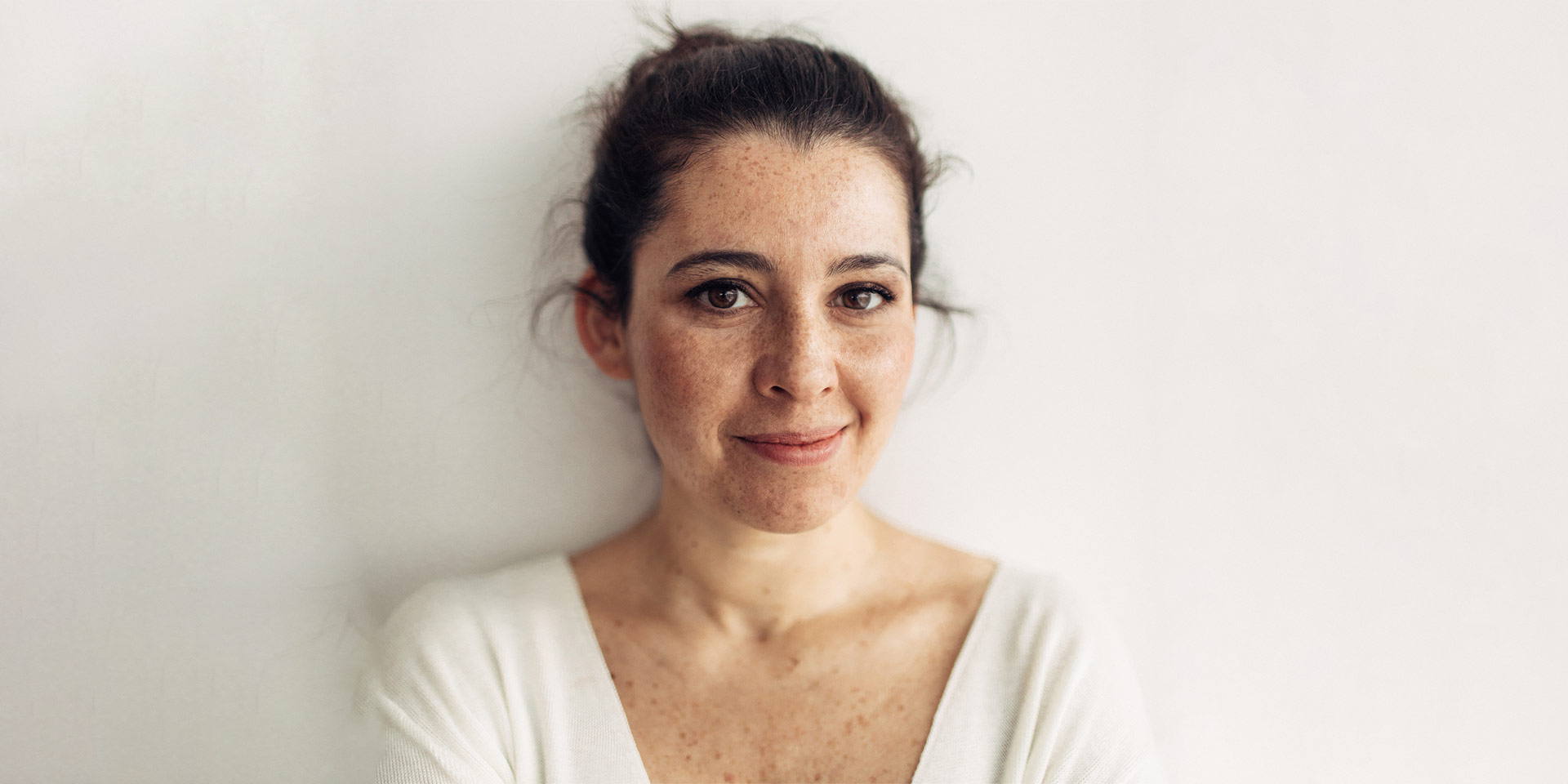In a society that is more concerned with form than substance, character ranks second. It is the power of the image that dictates things.
Unlike in previous generations—when the upper limit of perfection was reserved for celebrities in music, fashion and film, and “ordinary mortals” had to settle for the idea that inner beauty prevails—nowadays, anyone with internet access and a minimal desire for public attention can become the star of their own bubble of virtual influence.
If we access, say, Instagram, we might suddenly wake up in a world that is overcrowded with models whose main purpose is to visually conquer the world. Obviously, the platform gathers other categories of people too, but insta-hearts flutter by the tens of thousands in response to these displays of superficial beauty.
Does beauty still come from within?
The internet is a place that promotes new trends in beauty and, with them, the pressure to conform. Children, teenagers, and young people are the first to notice popular trends, but also the first to suffer when they find themselves excluded by them. How could it be otherwise? The long moments we spend scrolling through hundreds of virtual posts become the benchmarks for what we will relate and aspire to.
But it is not the popularity of mere packaging smiling at the camera that fuels the problem, but the unspoken message—the idea that being flawless is the ultimate goal of the modern world, that physical imperfections must disappear. It is not insignificant that Photoshop, excessive make-up, and plastic surgeries are more popular than ever.
Although research on the influence of social media platforms on body image is still new, preliminary findings so far suggest that social media is bringing about two major changes:
- the discrediting of the idea that it is what is inside that matters
- the increasing uniformity of people’s perceptions of physical beauty
Even trends that fervently encourage women to love themselves as they are eventually end up objectifying women because they too put too much emphasis on appearance, on how important it is to talk about how we look, to photograph, to post and to be proud of our appearance. It is as if spiritual attributes are hiding somewhere in a shadow, occupying a justified second place.
Where does this leave the soul?
In this order of priorities, there is also a reversal of the value system that prizes that which does not strike the eye, but nourishes the soul. Reality shows us that positive traits are often considered defects, and defects are often considered admirable qualities.
“If you’re good, you’re stupid,” “To get to the top, you have to scramble,” “Shame gets one starved” are just a few samples of folk wisdom that express the belief that a noble character creates problems of adaptation, and difficulties in achieving goals and success.
Such a mentality is responsible for relaxing the divide between good and evil, and between positive and negative behaviours. It also influences the way we morally evaluate ourselves. By virtue of an argument that “the end justifies the means,” we become passive in our own mistakes. We adapt to our moral shortcomings or even exploit them in order to obtain advantages and benefits inaccessible in other ways.
True self-knowledge and authentic acceptance of our flaws does not imply impassivity or relativism depending on the context. There are things that, regardless of the circumstances, do not honour the man who is eager to improve himself. Laziness, lying, cunning, and frivolity are found on a long list of clearly harmful inclinations that not only bother others, but aggravate our own souls.
Faced with our own conscience, self-justification is not a solution. However, blame does not make us better either, because, when we are too busy with self-criticism, we forget to love each other. Hatred, displeasure, or extreme guilt never bring anything good.
Mirror, mirror…
The easier it is to talk about the faults of others, the harder it is to approach our own. Maybe we don’t have shiny hair (or any at all), the perfect smile, or the ideal weight. Maybe our character also carries some flaws. Our shortcomings betray our imperfect condition, accompany us from birth to death and, most of the time, are not easily repaired.
What we see in the mirror or inside ourselves does not always coincide with the image others have of us. There are established character traits (such as courage and loyalty) and indisputable physical features, specific to immutable, timeless standards. To one degree or another, everyone has a number of qualities that they appreciate as such. Otherwise, subjectivism would be the final word. It is possible that my opinion of my colleague’s humour, professionalism or sincerity contradicts his opinion of himself; likewise, he may evaluate my abilities differently to how I evaluate them.
From this we can conclude that some qualities and defects do not exist on their own. People, and different contexts, give them particular values. An unconventional spirit makes waves in a free and creative environment, but is rejected in a formal, rigorous setting. Sensitivity is arbitrated as weakness, but also as strength. In addition to the fact that most of them belong to trends delineated by space and time, the units by which we measure our physique, intelligence or personality differ from one context to another.
Unfortunately, we invariably fall into the gap between the artificial brilliance of the online environment, paired dangerously with the volatile values of society, and our own expectations. With such an arsenal of challenges, we are faced with the ubiquitous dilemma: what should we accept in ourselves and what should we change?
The answer begins with what we see in the mirror and ends with the determination to live undisturbed by the false perfection around us. Keeping our values and authenticity, and trying to become better every day, while loving each other, flaws and all, is what should matter most.
Genia Ruscu holds a Master’s degree in counselling within social services.



















